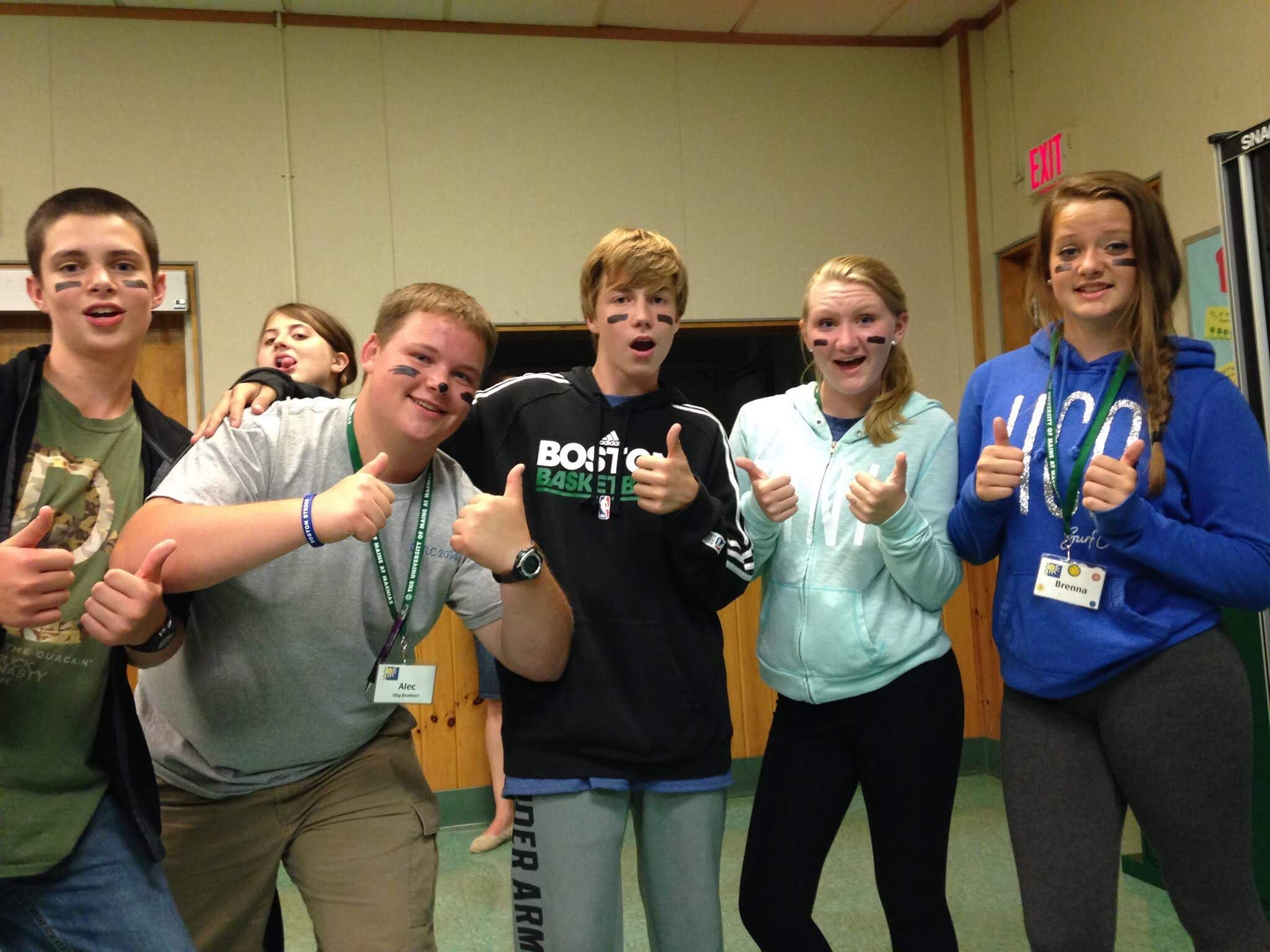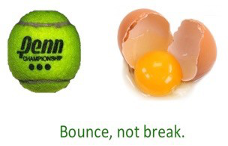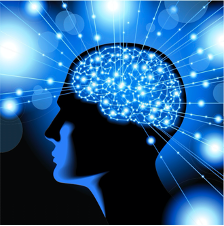Suicide Prevention and Resiliency
Healthy Acadia offers a variety of free educational opportunities for youth, educators, and community members to promote resilience and reduce suicide risk. Our staff facilitates sessions, and the length and content of each session can be adjusted to suit your group’s objectives and/or schedule. Choose a single session, or schedule an entire series in a timeframe that works for your target audience.
For Community Members
Applied Suicide Intervention Skills Training - ASIST
Applied Suicide Intervention Skills Training - ASIST is a two-day interactive workshop in suicide first-aid. ASIST teaches participants to recognize when someone may be at risk of suicide and work with them to create a plan to support their immediate safety. Sessions are open to community members aged 16 years and older.
The program uses an evidence-based curriculum from Living Works Education focused on intervention. Although ASIST is widely used by healthcare providers, you don’t need formal training to participate in the workshop. Any individual aged 16 and older, including teachers, students, doctors, mental health professionals, parents, and others, can become ASIST-trained.
Participants will learn how to safely engage with community members who are having thoughts of suicide to help them find “safety for now” and assist them in accessing community-based resources and supports. Participants will also learn how to use language which does not perpetuate stigma associated with having thoughts or feelings about suicide, gain an understanding of how common suicidal thoughts and actions are in our community, and connect with community resources. Another important aspect of the training is prevention - working to build a suicide-safer community by learning warning signs for suicide and how to integrate resilience and connection to prevent thoughts of suicide in our community.
The ASIST training treats suicide as the public health issue that it is. ASIST training is comparable to CPR training – anyone in the community may be in a position to render CPR, and ASIST is similarly versatile.
Click here to learn more about ASIST.
For more information, or to register for an upcoming class please contact Tara Young at (207) 812-2090 or email tara@healthyacadia.org.
Youth Mental Health First Aid
Healthy Acadia and Camp Beech Cliff are partnering to offer Youth Mental Health First Aid. Youth Mental Health First Aid USA is an eight-hour public education program that introduces participants to the unique risk factors and warning signs of mental health problems in adolescents. Program participants learn the importance of early intervention and how they can help an adolescent in crisis or experiencing a mental health challenge.
Youth Mental Health First Aid is designed for parents, family members, caregivers, teachers, school staff, peers, neighbors, health and human services workers, and other caring citizens. The eight-hour course (two hours online, six hours in-person) explores typical adolescent development, and common mental health challenges for youth ages 12-18, and teaches a five-step action plan for aiding young people in both crisis and non-crisis situations. Topics covered include anxiety, depression, substance use, disorders in which psychosis may occur, disruptive behavior disorders (including AD/HD), and eating disorders.
Click here to learn more about Youth Mental Health First Aid.
If your school or organization is located in Washington or Hancock County and your staff is interested in this training, contact corrie.hunkler@healthyacadia.org to learn more.
For Youth
Grades K-12 University of Pennsylvania Resilience Training
This program teaches practical skills to increase persistence, well-being, and performance, strengthen one’s ability to overcome adversity or challenges, and thrive even under stress. University of Pennsylvania’s Resilience Program has demonstrated effectiveness in more than 25 years of research, development, and large-scale implementation. Empirical studies have shown the program reduces problems associated with stress, anxiety, and depression. The program includes twelve modules taught in 30-minute to one-hour blocks. We will work with you to select the number and type of modules appropriate for your group.
Grades 7-12 Brain Development PowerPoint Presentation and Facilitated Discussion
This one-hour program provides a basic overview of brain development, focusing on what is happening in the teen brain. We’ll explore the benefits and challenges each new stage brings, so young people can understand what will happen next, and how they can best meet each new opportunity for growth and development. Discussions focus on healthy stress management and the vulnerability of developing brains to substances such as alcohol, nicotine, marijuana, and other drugs.
Grades 5-12 Media Literacy Presentation and Discussion
This presentation educates young people about advertising strategies and engages them in thoughtful discussion and interactive activities. It is designed to promote critical thinking around media messages regarding alcohol, tobacco, and drugs. This program can be delivered in 45-90 minutes.
For Educators
Applied Suicide Intervention Skills Training (ASIST) 2-day, Interactive Training Workshop
ASIST is the world’s leading evidence-based suicide intervention workshop. ASIST helps participants become more willing, ready, and able to intervene with people who are at risk for suicide. ASIST offers resources for the whole community, helping people apply suicide first-aid in many settings. ASIST methods can be used to provide support in other non-suicide crises.
SuicideTALK Interactive Training Workshop (1-2 hours)
Deaths and injuries due to suicide can be reduced, and community awareness that suicide is a serious community health problem is the first step toward prevention. This 1-2 hour suicideTALK program is designed to help our community become more aware that there are many activities we can do to prevent suicide. This presentation is appropriate for the general public, including youth 15 years and older.
University of Pennsylvania Resilience Training PowerPoint Presentation and Activities
This program gives teachers and administrators an overview of the benefits of resilience training for children, particularly how resilience training can mitigate substance misuse risk factors in the student population, as well as evidence supporting how it improves classroom management, peer relationships, academic and athletic performance, and overall well-being. The Program has demonstrated effectiveness in more than 25 years of research, development, and large-scale implementation. Empirical studies have shown the program reduces problems associated with stress, including anxiety and depression. Presentation length ranges from 45 to 120 minutes and can be customized based on audience and time available.
Leading the Classroom with Emotional Intelligence PowerPoint Presentation, Facilitated Discussion and Activities
This program builds skills in “Resonant Classroom Leadership” and its importance, discusses emotional intelligence (EI) domains and competencies, and builds skills in incorporating EI skills to enhance students’ emotional development and academic performance. This presentation respects the expertise that teachers and administrators have and provides a facilitated forum to work collaboratively to share knowledge with each other.
Maine Integrated Youth Health Survey (MIYHS) Data Presentation - PowerPoint Data Presentation and Facilitated Discussion
The bi-annual MIYHS survey is given to middle and high school students to track health, nutrition, behavioral health, and substance use data over time. This presentation will display data in easy-to-read graphs to show trends and how the school compares to the county and state with regard to various metrics. The presentation will be followed by a facilitated discussion (optional) about what the data means and how it might be used for planning, grant writing, and prevention programs and activities. Participants may instead opt to review the data with a small group, such as school administrators, and discuss how to engage teachers, parents, and the community in follow-on presentations.
Youth Mental Health First Aid
Healthy Acadia and Camp Beech Cliff are partnering to offer Youth Mental Health First Aid. Youth Mental Health First Aid USA is an eight-hour public education program that introduces participants to the unique risk factors and warning signs of mental health problems in adolescents. Program participants learn the importance of early intervention and how they can help an adolescent in crisis or experiencing a mental health challenge.
Youth Mental Health First Aid is designed for parents, family members, caregivers, teachers, school staff, peers, neighbors, health and human services workers, and other caring citizens. The eight-hour course (two hours online, six hours in-person) explores typical adolescent development, and common mental health challenges for youth ages 12-18, and teaches a five-step action plan for aiding young people in both crisis and non-crisis situations. Topics covered include anxiety, depression, substance use, disorders in which psychosis may occur, disruptive behavior disorders (including AD/HD), and eating disorders.
Click here to learn more about Youth Mental Health First Aid.
For more information or to schedule one or more of the above program offerings for your school or classroom, please contact:
Julie Daigle, julie@healthyacadia.org
Additional Resources
The 988 Suicide & Crisis Lifeline is a national network of local crisis centers that provides free and confidential emotional support to people in suicidal crisis or emotional distress 24 hours a day, 7 days a week in the United States.
CALL or TEXT 988
211 Maine is a statewide directory of community health resources.
CALL 211
TEXT Your zip code to 898-211
Email: info@211maine.org




